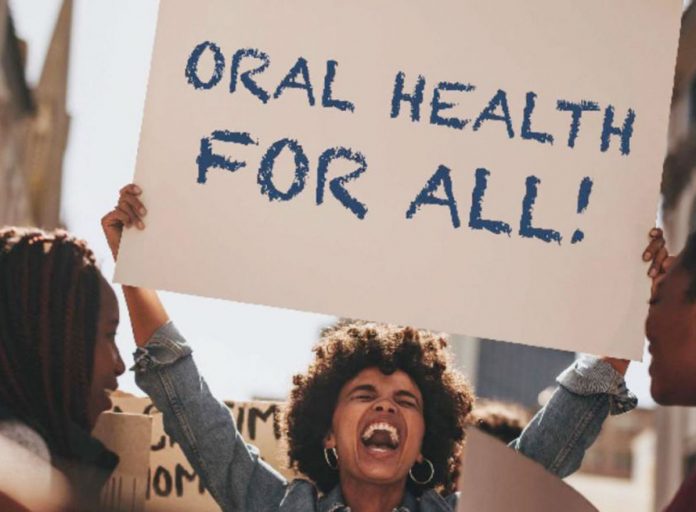
TOOTH decay, gum disease, tooth loss, and oral cancer.
These are among the most common non-communicable diseases worldwide, affecting 3.5 billion people.
The diseases, according to a new report from the FDI World Dental Federation, have severe and significant health, societal and economic impacts.
Based in Geneva, Switzerland, and founded in 1900, the FDI World Dental Federation is an international organization with a membership of more than one million dentists in 200 national dental associations and specialist groups in close to 130 countries.
(The FDI World Dental Federation was founded in Paris in 1900 as the Fédération Dentaire Internationale, thus the acronym FDI.)
The FDI report, “Vision 2030: Delivering Optimal Oral Health for All”, spotlights oral health inequalities and outlines strategies to improve oral health care over the next 10 years.
Vision 2030 is a comprehensive roadmap on how to improve oral health, reduce oral health inequalities, and contribute to reducing the global burden of oral diseases over the next decade.
It recommends strategies to address, for example, issues such as aging populations that require the oral health workforce to adapt.
Vision 2030 calls for patients themselves to be well-informed advocates of their oral health and take an active role in their treatment decisions.
The core message: “There is no health without oral health.”
The report predicts that by 2030, essential oral health services will be integrated into general health care – available, accessible, and affordable for all.
By then, oral health professionals will collaborate with a wide range of health workers. Healthcare professionals will have the knowledge and skills to contribute appropriately to the prevention and management of oral diseases.
The report recognizes the fundamental importance of oral health to overall health and well-being. “It is a basic right, but one that is enjoyed by all too few,” it says.
“Major inequalities in oral health exist, both within and between countries, and although oral diseases are largely preventable, the global burden of oral disease remains unacceptably high.”
The report observes how the COVID-19 pandemic had a major impact on oral health by limiting face-to-face contact with patients and the scope of care that can be safely delivered.
Challenges remain: for example, serious shortages of appropriately trained oral healthcare personnel in many areas; and inadequate outreach to rural and other underserved populations.
Treatment costs are too high for the poor and marginalized.
Oral health services are isolated from the broader health system, especially among low- and middle-income countries.
And yet, early detection of oral diseases has contributed to less expenditure on their treatment.
Vision 2030 sees four essential components to build the basic package of oral health care, namely: 1. disease prevention and early detection; 2. care close to home, which is affordable and accessible; 3. better oral health outcomes at lower costs; and 4. oral health awareness.
“Vision 2030 outlines the ways in which we can integrate our profession within global development agendas, including universal health coverage, that determine important health priorities,” said Prof. David Williams, co-chair of the Vision 2030 Working Group that wrote the report.
Dr. Williams is a professor of Global Oral Health at the Institute of Dentistry, Barts, and The London School of Medicine and Dentistry, Queen Mary University of London.
It is time for members of the oral health community to “anticipate transformational changes and trends in the global healthcare environment,” said co-chair Prof. Michael Glick, a professor at the Department of Oral Diagnostic Sciences, Buffalo State University of New York./PN







